- +357 99625050
- info@adonisbotanicgardens.eu
- retreat@adonisbotanicgardens.eu
- Mon - Fri: 9:00 - 18:30
Related products
EO-03/Origanum Essential Oil
SKU
EO - 03
Category Essential Oils
Origanum vulgare is an herb that is a member of the mint family. It has been considered a precious plant commodity for over 2,500 years in folk medicines that originated across the globe.
It has a very long use in traditional medicine for treating colds, indigestion and upset stomachs.
You might have some experience cooking with fresh or dried oregano leaves — such as oregano spice, one of the top herbs for healing — but oregano essential oil is far from what you’d put in your pizza sauce.
Found in the Mediterranean, throughout many parts of Europe, and in South and Central Asia, medicinal grade oregano is distilled to extract the essential oil from the herb, which is where a high concentration of the herb’s active constituents are found. It takes over 1,000 pounds of wild oregano to produce just one pound of oregano essential oil, in fact.
The oil’s active ingredients are preserved in alcohol and used in essential oil form both topically (on the skin) and internally.
When made into a medicinal supplement or essential oil, oregano is often called “oil of oregano.” As mentioned above, oregano oil is a considered a natural alternative to prescription antibiotics.
Oil of oregano contains two powerful compounds called carvacrol and thymol, both of which have been shown in studies to have strong antibacterial and antifungal properties.
Oregano’s oil is primarily made of carvacrol, while studies show that the plant’s leaves contain a variety of antioxidant compounds, such as phenols, triterpenes, rosmarinic acid, ursolic acid and oleanolic acid.
1. Natural Alternative to Antibiotics
What’s the problem with frequently using antibiotics? Broad-spectrum antibiotics can be dangerous because they don’t only kill bacteria that are responsible for infections, but they also kill good bacteria that we need for optimal health.
In 2013, the Wall Street Journa printed a fantastic article highlighting the dangers that patients may face when they repeatedly use antibiotics. In the author’s words, “Recent studies have shown that doctors are overprescribing broad-spectrum antibiotics, sometimes called the big guns, that kill a wide swath of both good and bad bacteria in the body.”
Overuse of antibiotics, and prescribing broad-spectrum drugs when they aren’t needed, can cause a range of problems. It can make the drugs less effective against the bacteria they are intended to treat by fostering the growth of antibiotic-resistant infections, and it can wipe out the body’s good bacteria (probiotics), which help digest food, produce vitamins and protect from infections, among other functions.
2. Fights Infections and Bacterial Overgrowth
Here’s the good news regarding the use of less-than-ideal antibiotics: There’s evidence that oregano essential oil can help fight at least several strains of bacteria that cause health problems that are commonly treated with antibiotics.
3. Helps Reduce Side Effects From Medications/Drugs
In recent years, many studies have found that one of the most promising oregano oil benefits is helping reduce side effects from medications/drugs. These studies give hope to people who want to find a way to manage the horrible suffering that accompanies drugs and medical interventions, such as chemotherapy or use of drugs for chronic conditions like arthritis.
4. Helps Treat Athlete’s Foot
One study found that a combination of heat, salt and use of essential oils (including oregano) had inhibitory effects against mycelia of T. rubrum and conidia of T. mentagrophytes bacterial strains that commonly cause the fungal infection known as athlete’s foot.
5. Helps Treat Digestive Issues (Including SIBO and Heartburn)
Several of the active compounds found in Origanum vulgare can help aid digestion by relaxing the muscles of the GI tract and also helping balance the ratio of good-to-bad bacteria in the gut.
6. Can Help Treat Parasites
One study found that when adults whose stools tested positive for enteric parasites (Blastocystis hominis, which causes digestive distress) supplemented with 600 milligrams of oregano for six weeks, many experienced significant improvements in gastrointestinal symptoms.
7. Helpful for Managing Inflammatory Conditions (such as IBD or Rheumatism)
Oregano retains its strong antioxidant capacity in both fresh and dry form. Due to its high concentration of antioxidants, oregano essential oil has been shown to help reduce oxidative damage and help in preventing mutagenesis, carcinogenesis and aging due its free radical scavenging activities.
8. May Help Improve Cholesterol Levels
Research published in the Journal of International Medical Research suggests that adding oregano oil supplementation can improve cholesterol levels.
Oregano oil uses:
• Natural Antibiotic:Dilute it with a carrier oil, and apply it topically to the soles of your feet or take it internally for 10 days at a time and then cycle off.
• Battle Candida and Fungal Overgrowth: For toenail fungus, you can make a homemade antifungal powder that can be applied to your skin. Combine the ingredients with about 3 drops of oregano oil, stir and then sprinkle the powder onto your feet. For internal use, take 2 to 4 drops twice daily for up to 10 days.
• Fight Pneumonia and Bronchitis: For external infections, apply 2 to 3 diluted drops to the affected area. To prevent internal bacterial overgrowth, ingest 2 to 4 drops twice daily for up to 10 days.
• Fight MRSA and Staph Infection: Add 3 drops of oregano oil to a capsule or to the food or beverage of your choice along with a carrier oil. Take it twice daily for up to 10 days.
• Fight Intestinal Worms and Parasites: Take oregano oil internally for up to 10 days.
• Help Remove Warts:Make sure to dilute it with another oil or mix it with clay.
• Cleanse Mold From the Home:Add 5 to 7 drops to a homemade cleaning solution along with tea tree oil and lavender.
How much oregano essential oil to take internally:
• Your oil of oregano dosage will depend on the condition you’re treating. In capsule form, oral supplementation of emulsified oregano is typically around 600 milligrams daily. (Either taken in one or two doses.)
• A traditional use of oregano leaves is making digestive-aid tea. You can buy pre-made oregano tea or make your own by steeping 15 grams of oregano leaves in 250 milliliters of water for at least five–10 minutes (or longer to make a stronger herbal infusion, up to 24 hours).
• Because oregano oil might interfere with other medications, always ask your doctor if it’s safe to take internally depending on your specific situation.
| Weight | 40 kg |
|---|---|
| Dimensions | 65 × 25 × 25 cm |
Be the first to review “EO-03/Origanum Essential Oil” Cancel reply

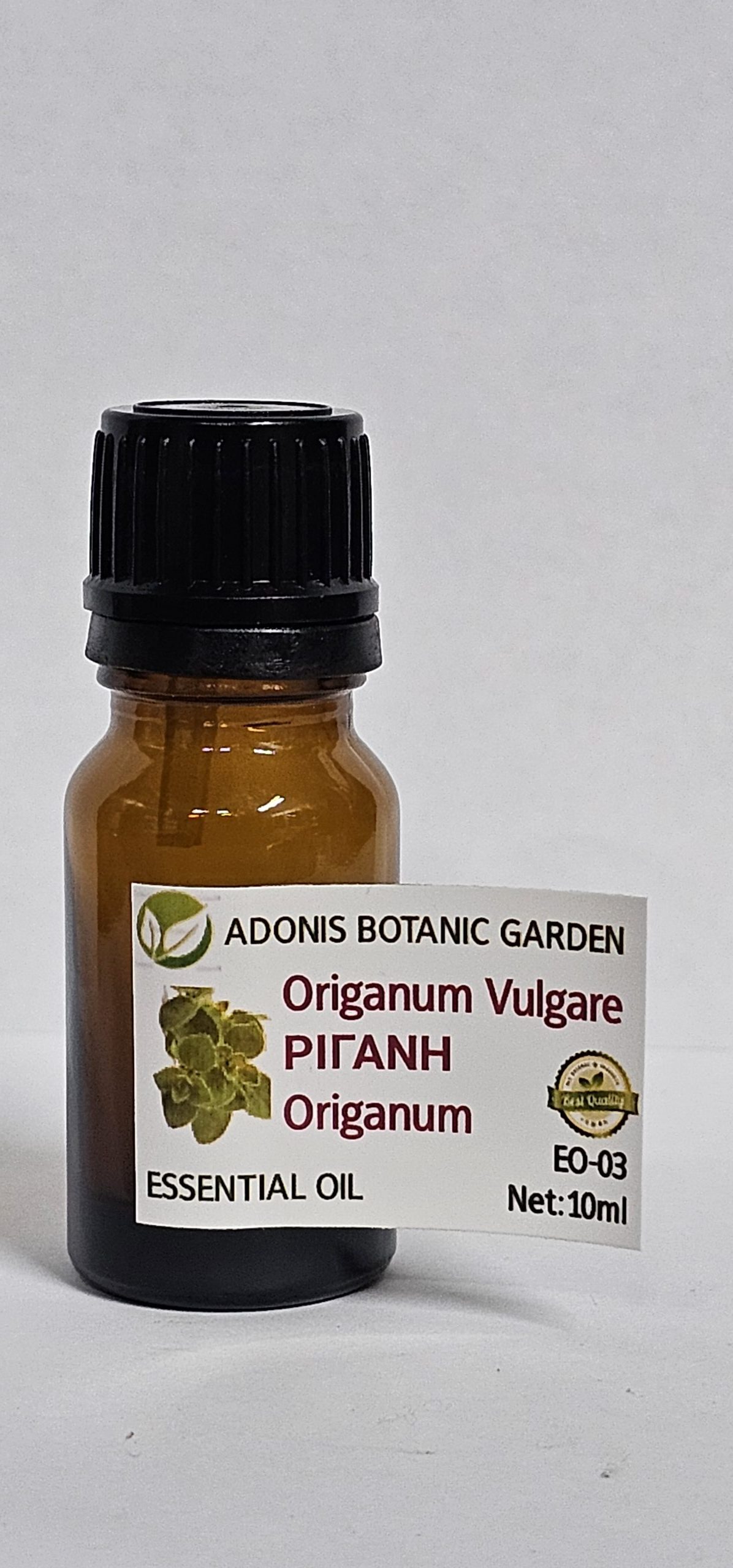
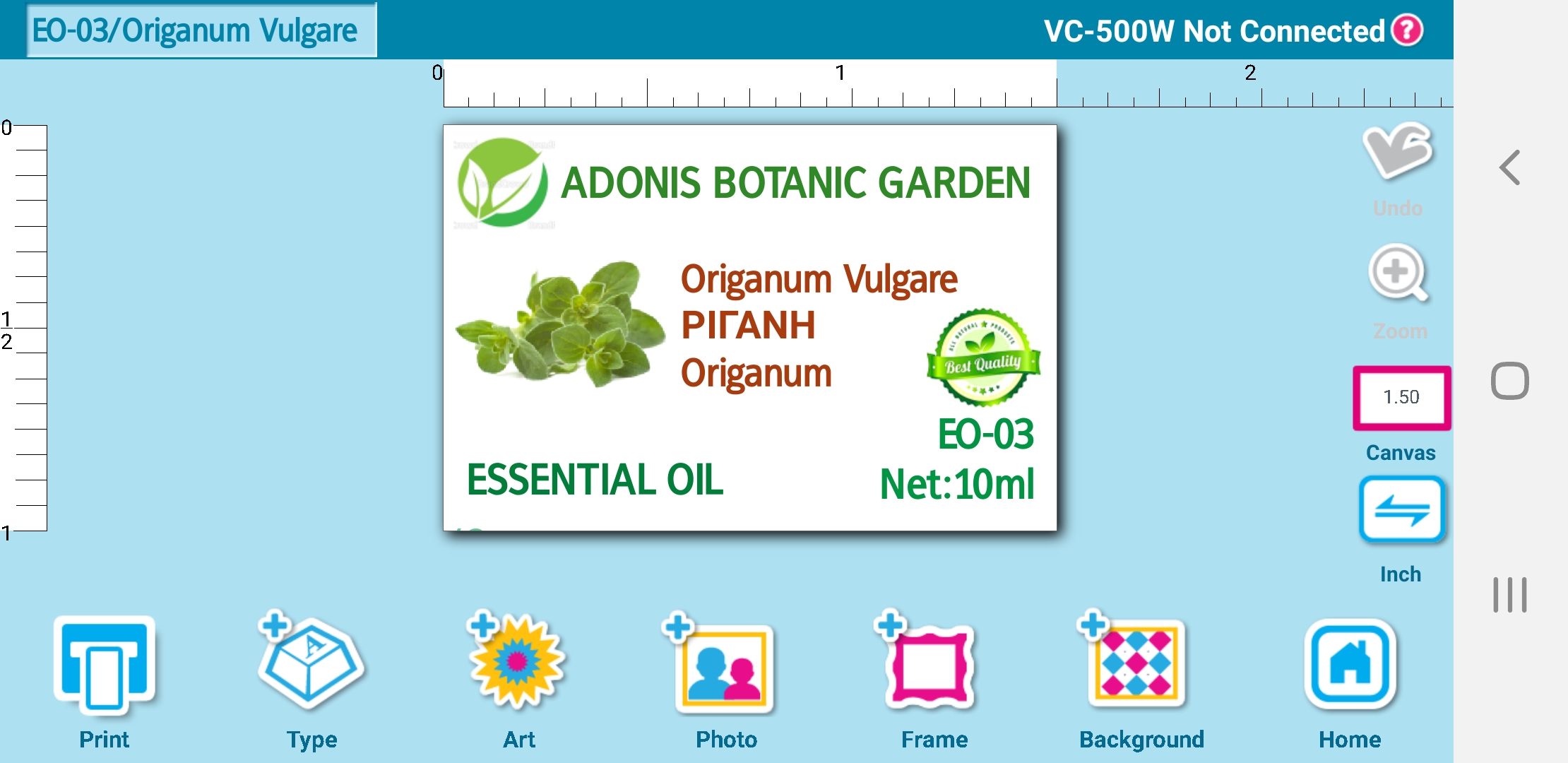

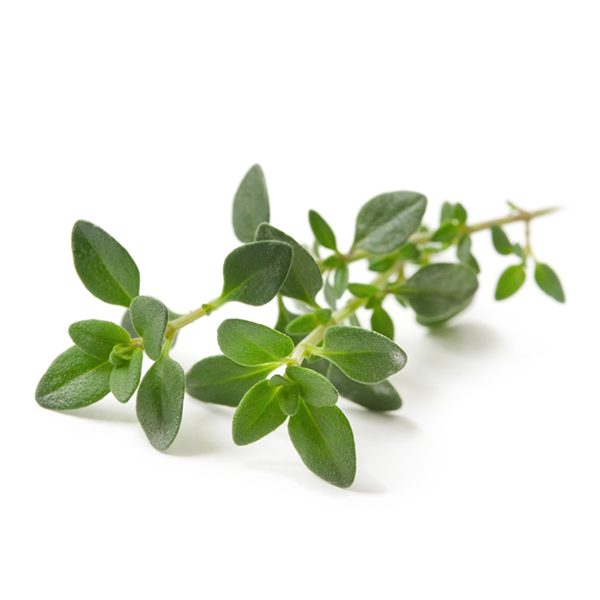
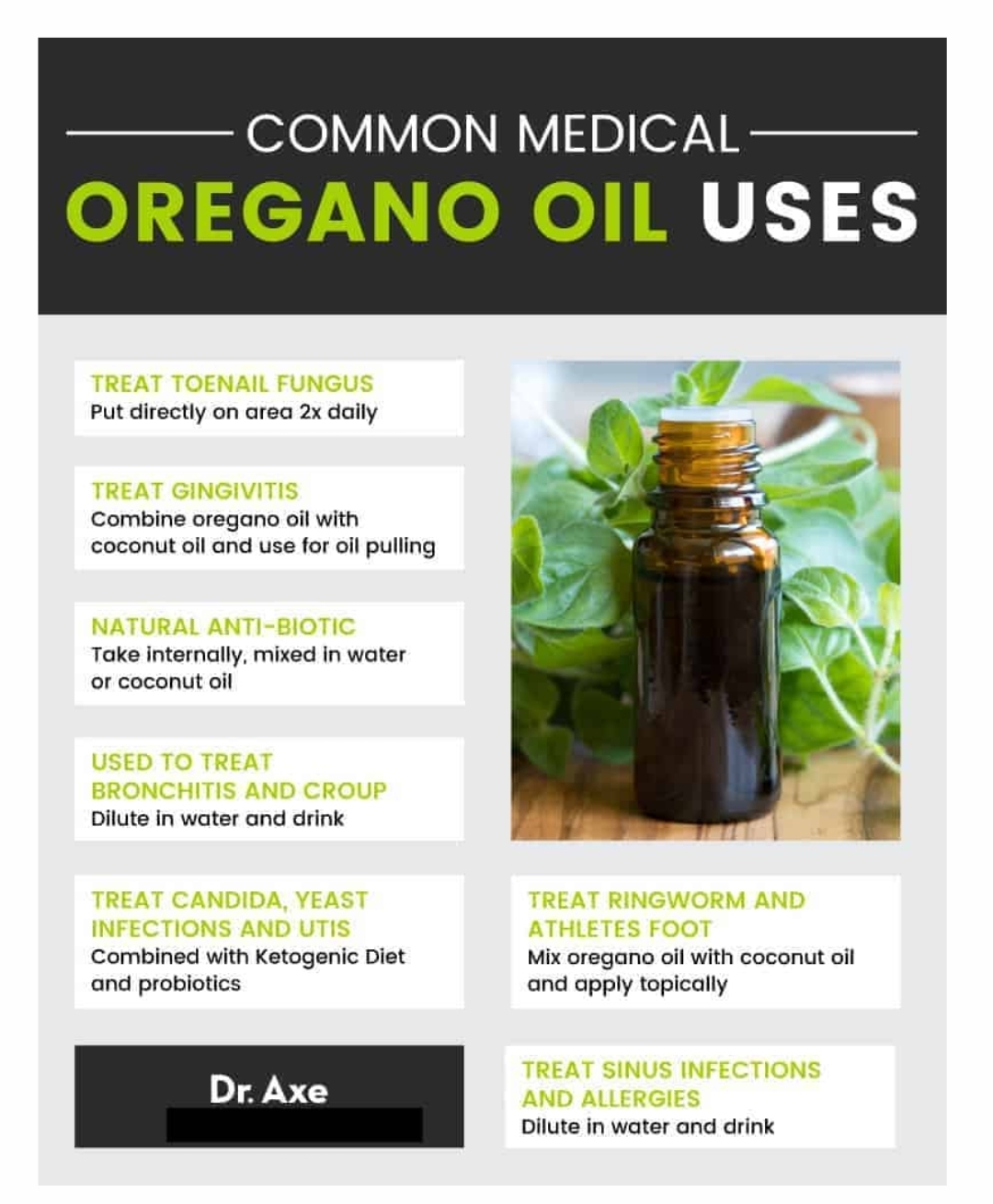
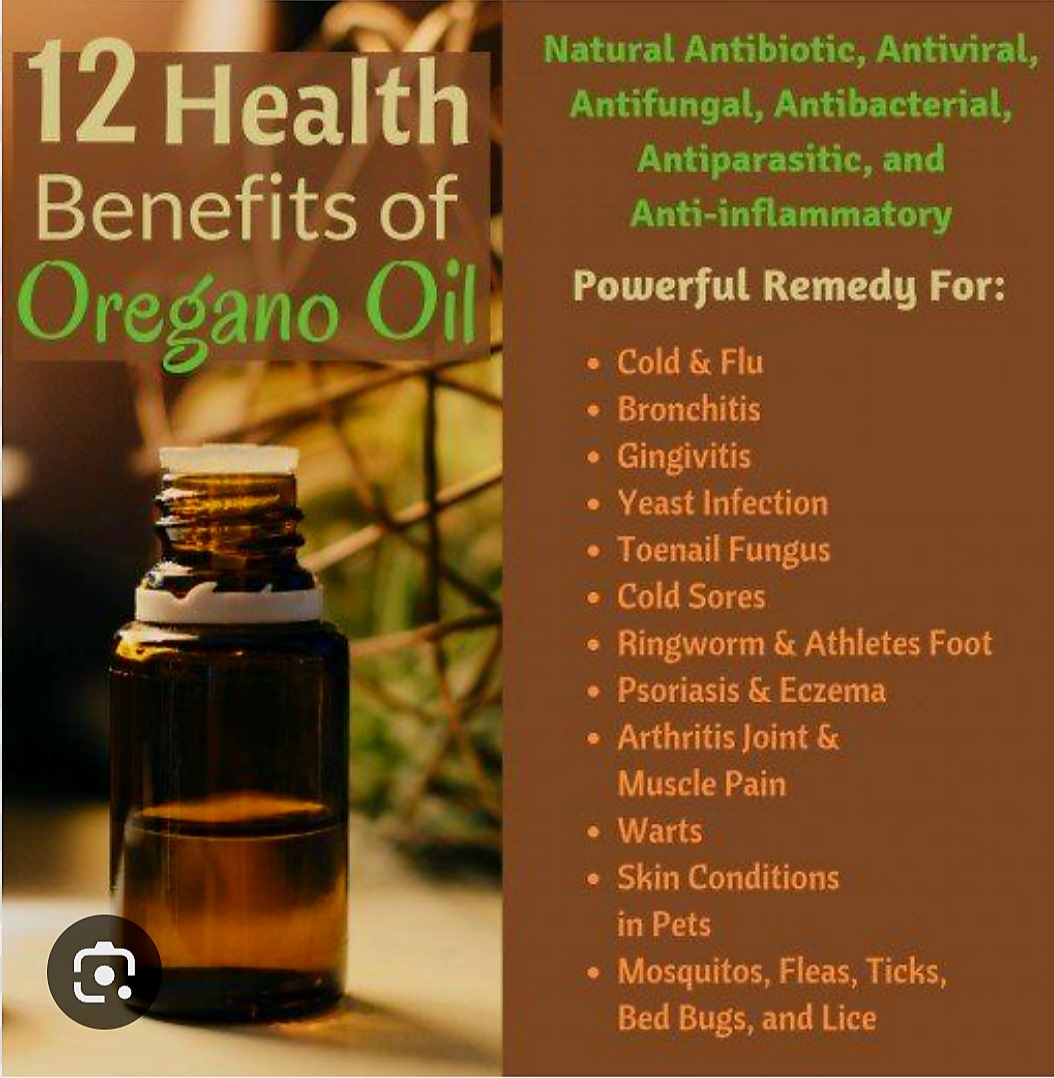
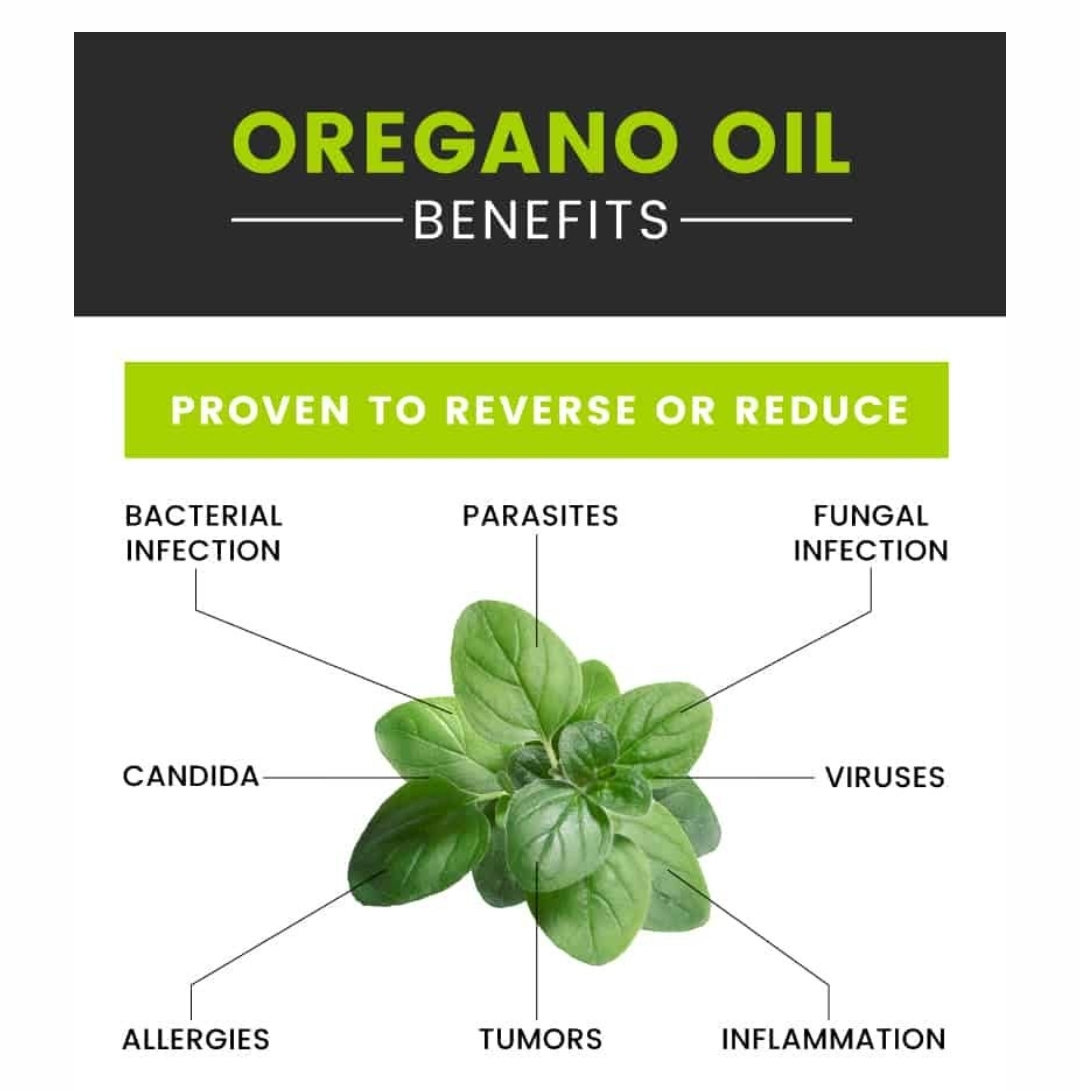
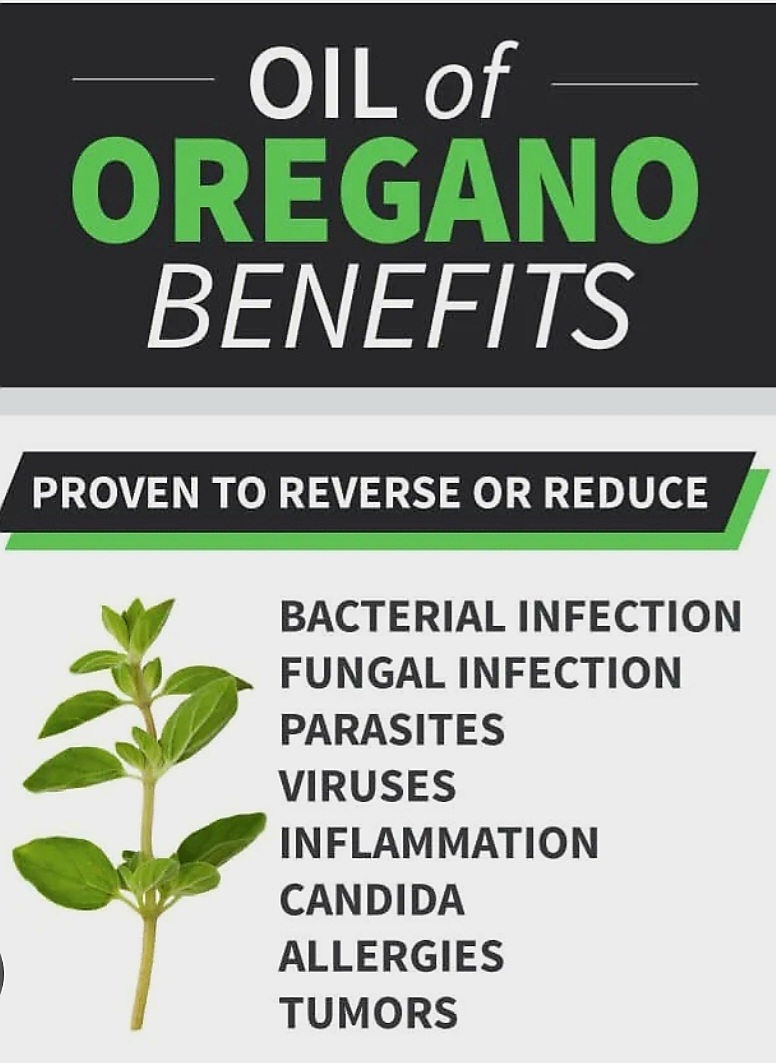
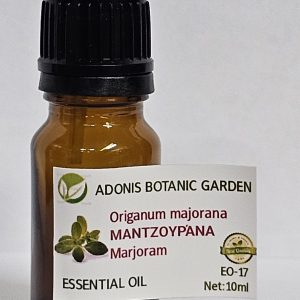
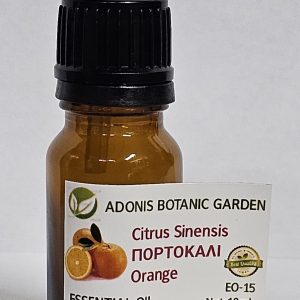

Reviews
There are no reviews yet.